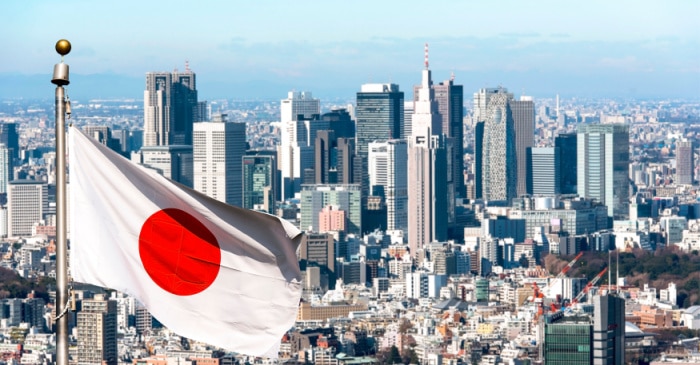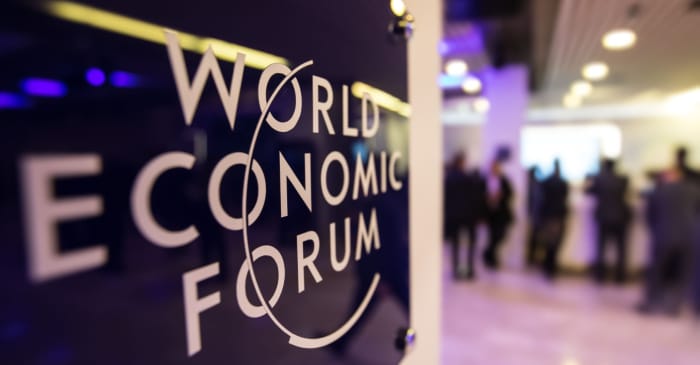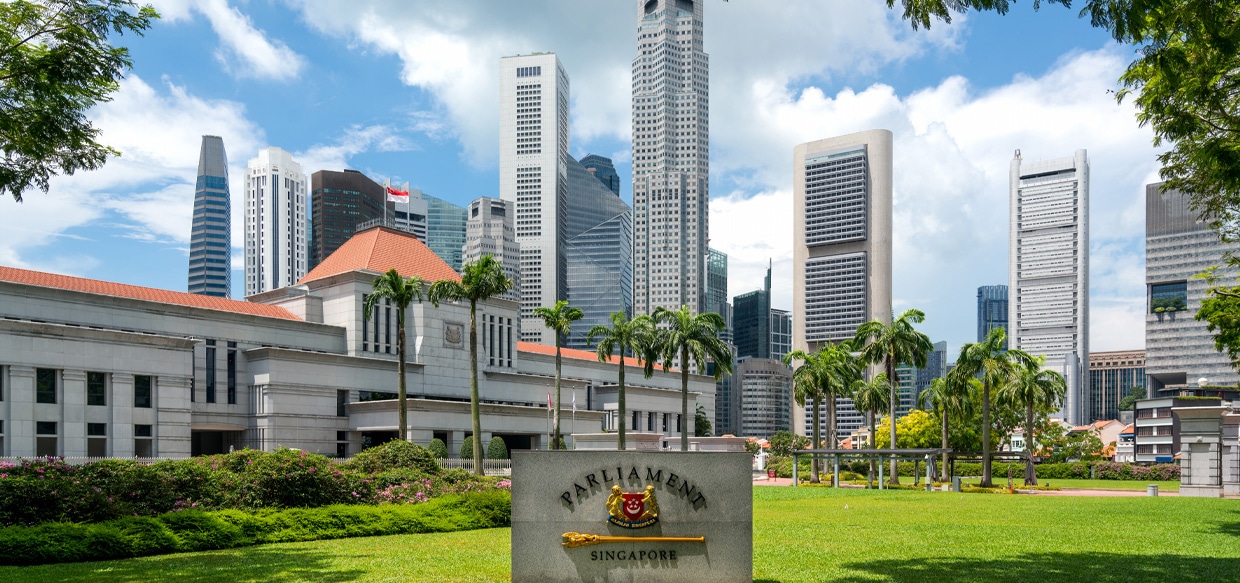
Top Trends to Shape Healthcare in 2024

Decision-making, Factionalism, and Government Relations in Japan
Davos Do’s, Don’ts and the Themes of the 2024 Meeting
January 2024

By Edward Brewster, Director of International Media at Sandpiper. Edward is a PR industry veteran, with over 25 years of experience working in corporate affairs, media relations and public affairs both in-house and with leading global agencies. He has held senior strategic communications roles with Prudential plc, Huawei and Three.
Another year, another Davos, but since Covid we no longer take these gatherings for granted. Given the plethora of challenges the world faces, it has arguably never been more important for the world’s political, business and civil society leaders to come together to share ideas, build relationships and ultimately develop solutions to the most pressing problems we face.
So what can we expect from this year’s event? And what advice can we offer communicators, marketeers and policymakers looking for their organisation and leadership to shape the debate and to have an impact?
A brief explainer on Davos
What is Davos?
Davos is a mountain village in the Swiss Alps which each January hosts a meeting organised by the World Economic Forum (‘WEF’). The village has a small local population and is relatively inaccessible and easy to secure.
What is WEF?
An international organisation for public-private cooperation, headquartered near Geneva, it is a non-government body, founded as a not for profit which aims to be independent, impartial, non-partisan and not tied to any special interests. It aims to bring together people from all walks of life who have the drive and the influence to make positive change and to deliver progress.
What to expect in 2024?
The WEF’s ‘Global Risks Report’ published in January revealed ‘a world “plagued by a duo of dangerous crises: climate and conflict.” These threats are set against a backdrop of rapidly accelerating technological change and economic uncertainty.’ It goes on to identify ‘misinformation and disinformation’, as the biggest short-term risk, something we have seen playing a prominent role in both the Russia /Ukraine war and the conflict in Gaza.
The WEF report makes it clear that the climate related threats are the key risks facing people around the world. And to the credit of the WEF they have ensured the climate crisis, how we reduce greenhouse gas emissions and transition to a new energy paradigm have been the central theme at their recent meetings.
Alongside these challenges, they also anticipate that a multipolar and increasing fragmented order are expected to have profound impact on global cooperation, trade and potentially progress over the next decade.
Against these complex issues and challenges, it often seems that an individual organisation or corporate cannot have an impact, or get their message across, but having attended several DAVOS and WEF events in the past we thought it might be useful to share some of our top tips.
Davos do’s and don’ts:
- Take a long-term approach – the secret to success in terms of the agenda, speaking and contributing to the policy areas is to build a long-term relationship with the World Economic Forum.
- Membership is key – WEF has a 1,000 member companies and 100 strategic partners. Becoming a member ensures you can participate and contribute to their policy initiatives, your leaders have the access and role you want. Corporate membership rates are significant, but rates for universities, think tanks and NGOs are lower.
- The profile of your leader is unlikely to compete with the big beasts – Antony Blinken, the U.S. Secretary of State and Emmanuel Macron, the French President have confirmed they’re attending this year, these are the people the media want to get in front of, so it’s unlikely they will want to interview your leader, there are exceptions, in particular the broadcasters. This means you should focus on the events and meetings that are most important to you.
- Be ambitious in who you want to meet – identify who is important to your organisation, align across teams and because everyone is in the same small mountain village and there are gaps in diaries, you may be surprised by who will give you a ‘brush by’ meeting.
- Your news will not cut through – don’t be fooled into thinking your news will be off interest at Davos. The best planned corporate and NGO news often fails to get pick up, the truth is only the very biggest initiatives cut through. The best opportunities are around contributing to the debate on the key themes and emerging trends.
- Events on site – these are complex and expensive to host, also unless you’re one of the established ones such as McKinsey or Goldman Sachs, it’s unlikely you’ll get the number or level of attendees you want. Far better to target your key private meetings, policy programs and supporting your existing relationships.
- Skiing – finally, if you lose one of your key people on site, there is a good chance they may be skiing, the temptation is too strong for some. The serious point is of course ensure you’re dressed appropriately, you’ll be up a mountain in mid-Winter, once you’re outside the venue you need to be prepared.
Plan for success at Davos
Davos remains a unique opportunity, but you must plan and be targeted in your approach. While WEF has come under greater scrutiny recently, its ability to attract some of the key political leaders, policymakers, CEOs, NGOs and a plethora of lobbyists is undiminished. It remains one of the most efficient places to meet key leaders, engage on key policy issues and for some organisations do business. Just don’t expect your latest initiatives, campaign, or senior leader to cut through the news agenda.




